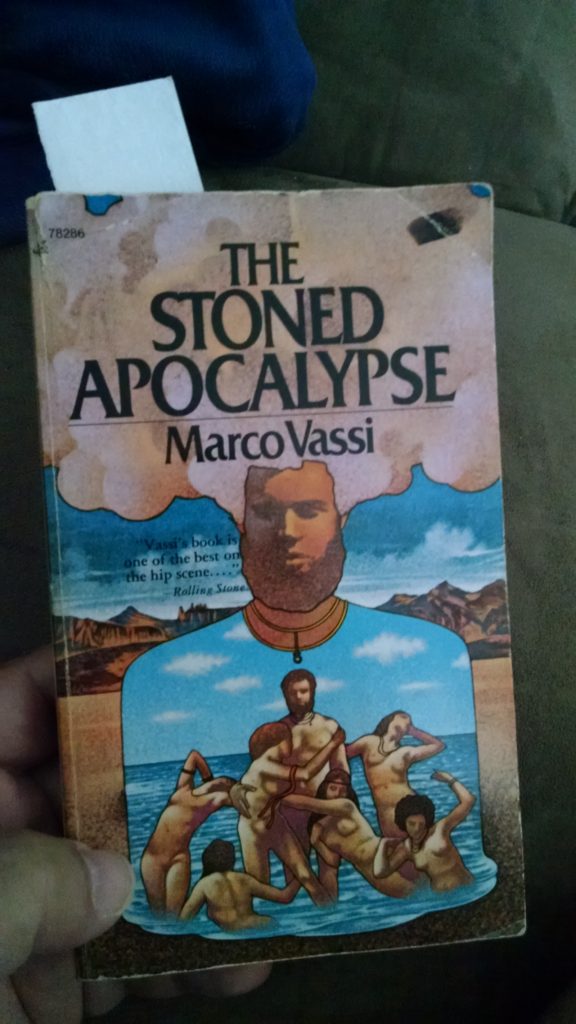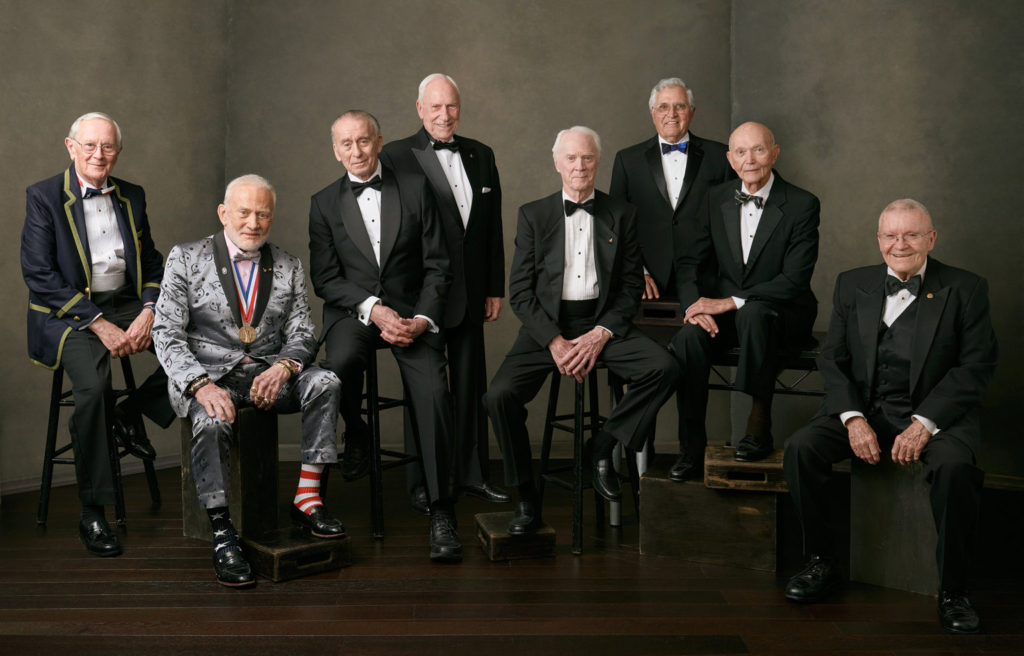Silent of the Week: Martin Scorsese
As a Gen-X film idolater, my two favorite genres of film are science fiction and crime drama. The latter in particular is something like a hallowed tradition in the field – just think of how many of the great classics are crime movies. It might have something to do with the film industry’s strong ties to the United States of America, a country which has long glorified crime and violence.
So for this week’s Silent in the spotlight, I choose Martin Scorsese (b. 1942), who has directed some of the greatest crime movies that ever entertained my generation. He’s been at it since the 1970s and is still going strong, and I’m just going to focus in this post on his film directing career. You can tell how much he has influenced people my age by this homage, by avant-garde rock band King Missile, to Scorsese and all of his excellent films:
And this is just up until 1993, before Casino! There’s been so much since then, including his contribution to the genre of good Nick Cage movies (Bringing Out the Dead) and his huge list of collaborations with Leonardo DiCaprio, which started with Gangs of New York, then continued with The Aviator and his award-winning masterpiece, The Departed.
But wait, that’s just his films from before the Great Financial Crisis! Since then, he has directed all of these excellent films: Shutter Island, Hugo (proving that it’s not all crime and violence with this guy), The Wolf of Wall Street, and Silence.
You might think it couldn’t get any better, but now he’s coming out with what might be the perfect crime movie. Showing that his generation is always keeping up with the latest trends, he is teaming up with streaming giant Netflix to produce The Irishman. It features a cast of cream of the crop crime movie actors, and covers one of the most well-known stories in the history of the mafia – the disappearance of teamster boss Jimmy Hoffa. It’s like the 1970s will never die – certainly not as long as the Silent Generation is still around.


